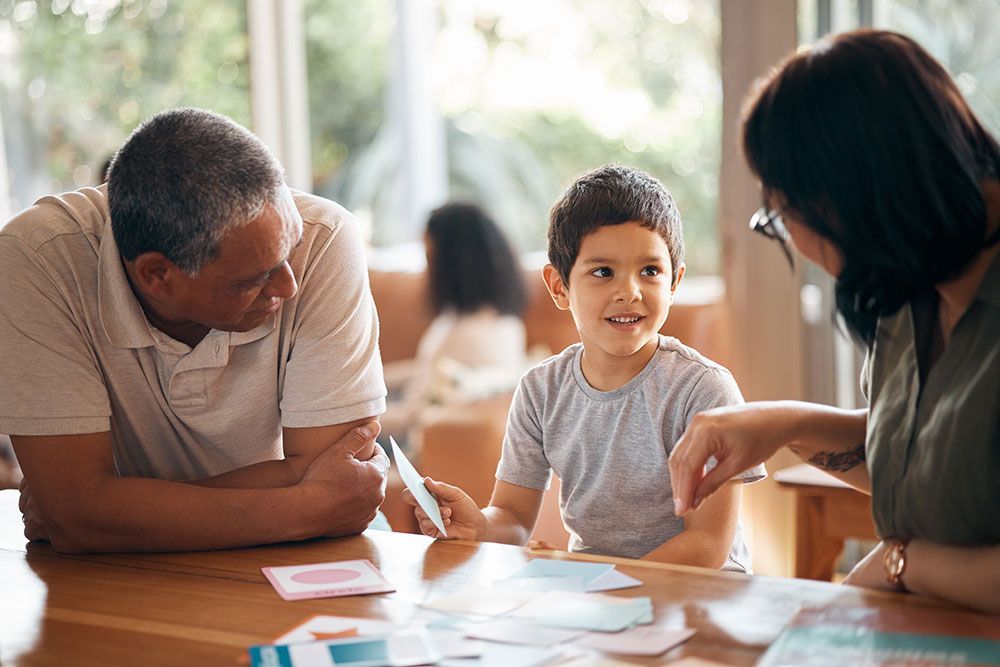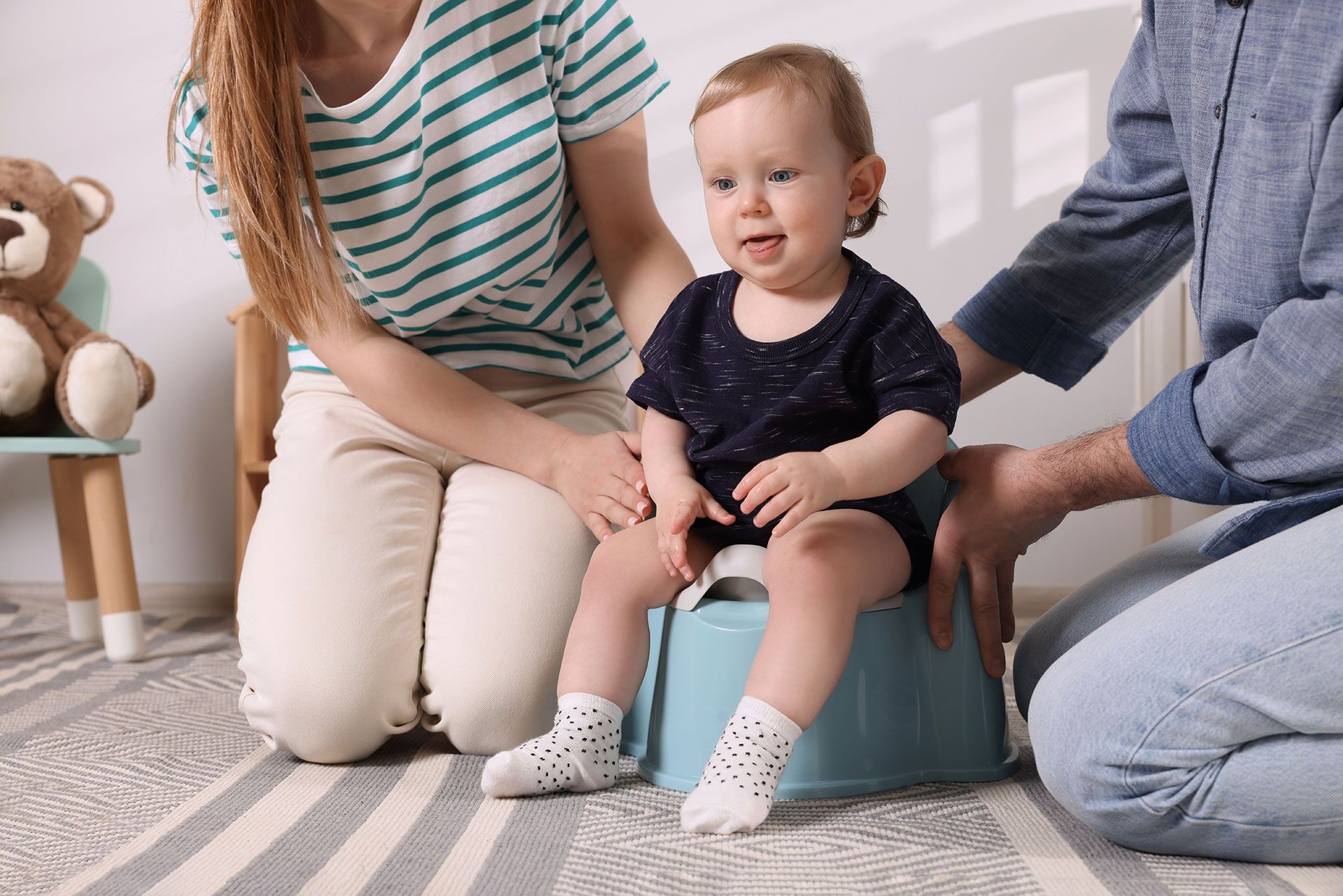What Is an ADHD Coach?
Your ADHD medication helps with focus and impulsivity — but you still struggle with time management, organization, and self-esteem. Could an ADHD coach be the solution you need? Read on to research the pros and cons of coaching.

What Is an ADHD Coach?
An ADHD coach is a “life coach” specifically trained to help adults (and teens and kids) with attention deficit hyperactivity disorder (ADHD) better manage their lives.
For example, perhaps you want to switch jobs or stop chronic disorganization and lateness, which have been hurting your marriage. Or perhaps your child needs help with completing the piles of homework he gets, now that he’s in middle school. Or maybe you’re looking to better yourself all around — in areas like physical fitness, emotional growth, social skills, financial planning, and the workplace — and need guided motivation.
The solution, in each case, may be to team up with an ADHD coach.
What Can Coaches Do for People With ADHD?
A good coach can lead you to your goals by helping you develop
- planning and management skills
- healthier self-esteem and relationships
- clearer judgement
- self-motivation
- time management skills
- a greater sense of self-efficacy
The key, of course, is finding the right one. “You need to be an educated consumer,” says Harold Meyer, co-founder of Children and Adults with Attention Deficit Hyperactivity Disorder (CHADD), of New York City, and the ADD Resource Center. “You should know what you want to change in your life and whether a particular coach can help you make the change.”
While a prospective ADHD coach should have experience working with clients and knowledge of the condition, the chemistry between the two of you determines success.
“One coach might have the ability to motivate you, while another will leave you frustrated,” says Meyer.
“Many clients walk into a coach’s office expecting one thing and getting another,” says Dee Crane, S.C.A.C., A.C.C. “Remember that ADHD coaches aren’t therapists, medical experts, or mentors. They help you achieve specific goals. If you only want to talk about how your parents didn’t understand you, a psychiatrist is a better bet.”
Similarly, Sandy Maynard, an ADHD coach, says coaching is proactive, and doesn’t necessarily deal with psychological issues. “Psychotherapy deals with healing psychological issues and is generally long term and intensive dealing with inter and intra personal issues as well as cognitive and behavioral development,” she said. “The focus is often on past history and how it relates to that individual’s development.”
One mistake clients sometimes make is hiring a coach who doesn’t specialize in ADHD. “They don’t realize that strategies that work for clients without ADHD often don’t work for people with ADHD, whose brains are wired differently,” says ADHD coach Michele Novotni, Ph.D., S.C.A.C., coauthor of What Does Everyone Else Know That I Don’t?(#CommissionsEarned)








